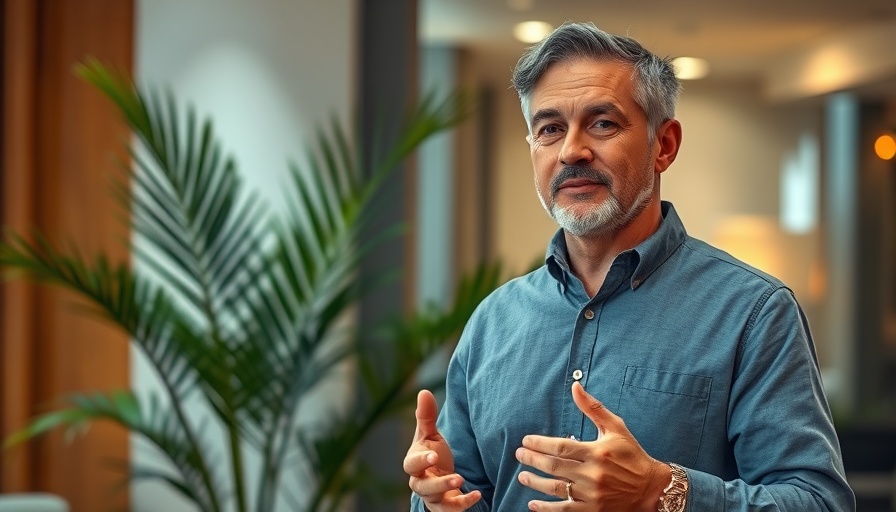
The Light of Resilience: Understanding Anxiety and Its Impacts
In our journey through life, we often come across fragments of understanding—snapshots of clarity that illuminate the complex tapestry of our mental health. For many, especially young individuals, sufferers from marginalized backgrounds, and those facing socio-economic challenges, anxiety disorders can loom large and ominous. Yet within this struggle lies the potential for profound resilience and healing.
The Struggles of Living with Anxiety
Anxiety disorders are not just common; they are one of the most prevalent mental health challenges across the globe. Conditions such as Generalized Anxiety Disorder and Social Anxiety affect millions, often leading to panic attacks, debilitating phobias, and a pervasive sense of dread. For students, the pressures of academic performance can exacerbate these feelings—creating a cycle of stress that seems inescapable.
However, it is essential to recognize that understanding anxiety is not just about identifying symptoms, but also about embracing strategies that promote healing. This includes employing various coping mechanisms such as cognitive behavioral therapy (CBT), mindfulness practices, and relaxation techniques. Each offers a pathway to manage anxiety effectively, fostering a sense of control and empowerment over one's thoughts and feelings.
Community Support: A Pillar of Healing
Support groups and community outreach programs play a vital role in alleviating the stigma associated with mental health. They provide a safe space for individuals to share their experiences, promoting resilience through connection. When families engage in discussions about mental health or seek assistance from helplines like SADAG, they dismantle barriers and nurture a culture of acceptance, thus paving the way for recovery.
Parental Guidance—A Beacon for Youth
Parents hold a crucial position in the fabric of their children's mental well-being. By fostering open dialogues about emotions and stress management, they empower youths to express their anxieties without fear of judgment. Programs that educate parents on mental health awareness are essential, particularly during pivotal life stages such as adolescence when anxiety can peak due to social dynamics and emerging responsibilities.
Breaking Down Barriers to Healthcare Access
Despite the growing awareness around mental health, access to quality care remains a challenge, particularly for low-income families. Cultural considerations, language barriers, and economic stress often deter individuals from seeking assistance. Addressing these gaps through public health policies and innovative solutions like teletherapy can facilitate broader access to mental health resources, ensuring everyone has the opportunity to thrive.
Embracing Holistic Approaches
The integration of holistic methods such as nutrition and exercise can significantly influence mental health. Engaging in physical activities and maintaining a balanced diet are two effective strategies for reducing anxiety. Additionally, mindfulness techniques like meditation and yoga have shown promising results in mitigating anxiety symptoms. These practices not only cultivate resilience but also forge a deeper connection between mind and body.
Future Trends: Shaping Mental Health Policy
As the demand for mental health services continues to increase, policymakers must prioritize mental health education and funding. Advocacy for mental health legislation is imperative in ensuring that resources are allocated effectively to support programs that benefit vulnerable populations. As we look toward a future where mental health is prioritized on a national level, the collective effort to push for change must not wane.
A Call to Action: Your Role in Mental Health Awareness
It is each person's responsibility to contribute to the dialogue surrounding mental health. Whether you are a caregiver, a student, or an educator, your experiences and insights can help reduce stigma and foster understanding within your community. By sharing knowledge about anxiety and mental health, we create a more accepting and informed society.
In this journey to illuminate the fragments of our experiences, let us encourage each other to seek help, to listen, and to engage in compassionate conversations about mental health. Together, we can build a more resilient community supportive of those in need.
 Add Row
Add Row  Add
Add 




Write A Comment